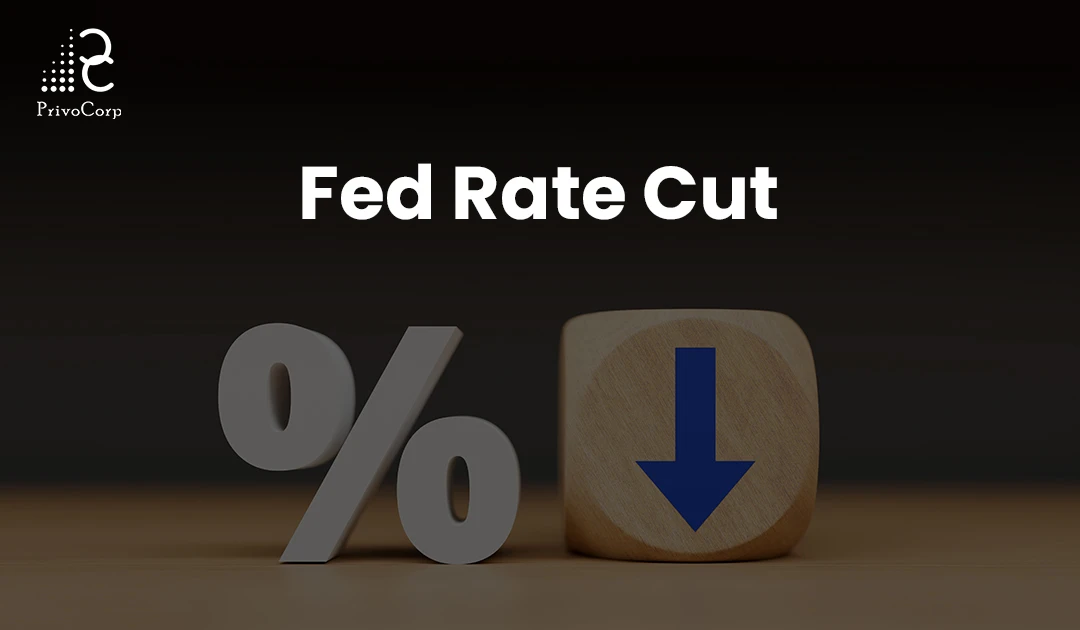Even though the housing market was booming in 2020, high unemployment has meant millions of Americans are struggling to make mortgage payments. The CARES Act offered some relief to homeowners with distressed finances in terms of foreclosure and eviction protections. But once these forbearance protection clauses run out, there is a looming fear of a wave of foreclosures in 2021.
As of November 2020, data have shown that there are still 11.1 million people out of work in the U.S. More than 2.3 million homeowners remain 90 or more days past due on their mortgages, according to Black Knight — a mortgage analytics company.
In some positive news, on December 2, the Federal Housing Finance Authority (FHFA) and the Department of Housing and Urban Development (HUD) announced it will extend its foreclosure and eviction moratorium through January 2021. The moratorium was originally slated to expire at the end of December. The one-month extension was announced as legislators are in the process of discussing more stimulus proposals, however, there’s no immediate relief in sight.
According to experts, historically, foreclosures are caused by a number of factors like unemployment, medical expenses, and illness, or a death in the family. COVID-19, unfortunately, has impacted all these factors that can lead to foreclosures.
Even if 2021 sees a miraculous improvement in the overall economy, many of the affected households will still continue to have lesser income than before the pandemic. This could push them into a difficult financial situation when their mortgage payments, based on their previous income, resume. Many of these families could end up facing foreclosure.
In short, delinquencies could rise in 2021, particularly if the economic impact of the pandemic lasts longer than has been expected.
What this means for mortgage servicers is that it could be tough to deal with the incredible operational challenges that the flood of foreclosures can create. The rising volumes would require high coordination efforts involving a large number of operational procedures and touchpoints to achieve cross-functional coordination. These challenges could result in significant overheads in terms of default servicing.
Moreover, mortgage servicers may also be under-prepared to deal with a cascade of borrowers falling behind on their payments. There will be a spike in call volumes and resolutions may be more complex with longer processes. The estimated average cost to service non-performing loans is now about 15 times the cost of performing loans. In turbulent times, the capacity to assist borrowers with alternatives to avoid foreclosure will be severely strained.
This is the time when it is extremely important for mortgage servicers to join hands with the right kind of partners who can help transform the operational underpinnings of default servicing toward more efficient, coordinated, streamlined, flexible, and interoperable units. Performing well in this difficult environment requires the support of the right people, technology, and processes to not just streamline delivery but also to avoid oversight and ensure quality control.
These niche players or service partners can help with tailor-made technology and infrastructure that can aid mortgage servicing companies in improving their operational efficiencies while saving time and costs when it comes to dealing with foreclosures. They are capable of providing the most competent support and scalable services tuned to the exact requirements of mortgage servicing companies. In a sector like BFSI where time is extremely important, partners are adept at offering flexible services as well as quick onboarding procedures to immediately kickstart operations.
Besides, associating with a partner means access to the latest technology. Considering a high volume of foreclosures, it will be important for mortgage companies to make the most of robust technology platforms that provide several distinct advantages in terms of a superior customer experience, accuracy in decisions, and cutting down on paper documents.
Leveraging technology, mortgage servicers can process a larger number of applications with the existing resources while eliminating human errors. In this way, there will be reduced delays as well as lesser operational costs. Moreover, a robust tech mechanism can contribute majorly to sort through the incoming customer requests and allocate them to relevant processors, based on the request. Also, after associating with the right service partners, mortgage servicers do not need to buy the infrastructure directly or worry about the upgradation and maintenance costs either.
Benefits of Associating with People’s Processing
With its industry-leading mortgage servicing profile and customizable process models, PrivoCorp is uniquely positioned to help mortgage servicers to scale their operations and meet higher volumes. The end-to-end solutions combined with technology-based tools and processes are designed to reduce costs and deliver exceptional customer experiences. An expert team with experience across multiple default platforms ensures rigorous quality and governance through a detailed examination of servicing activities.
Get in touch with us today!








